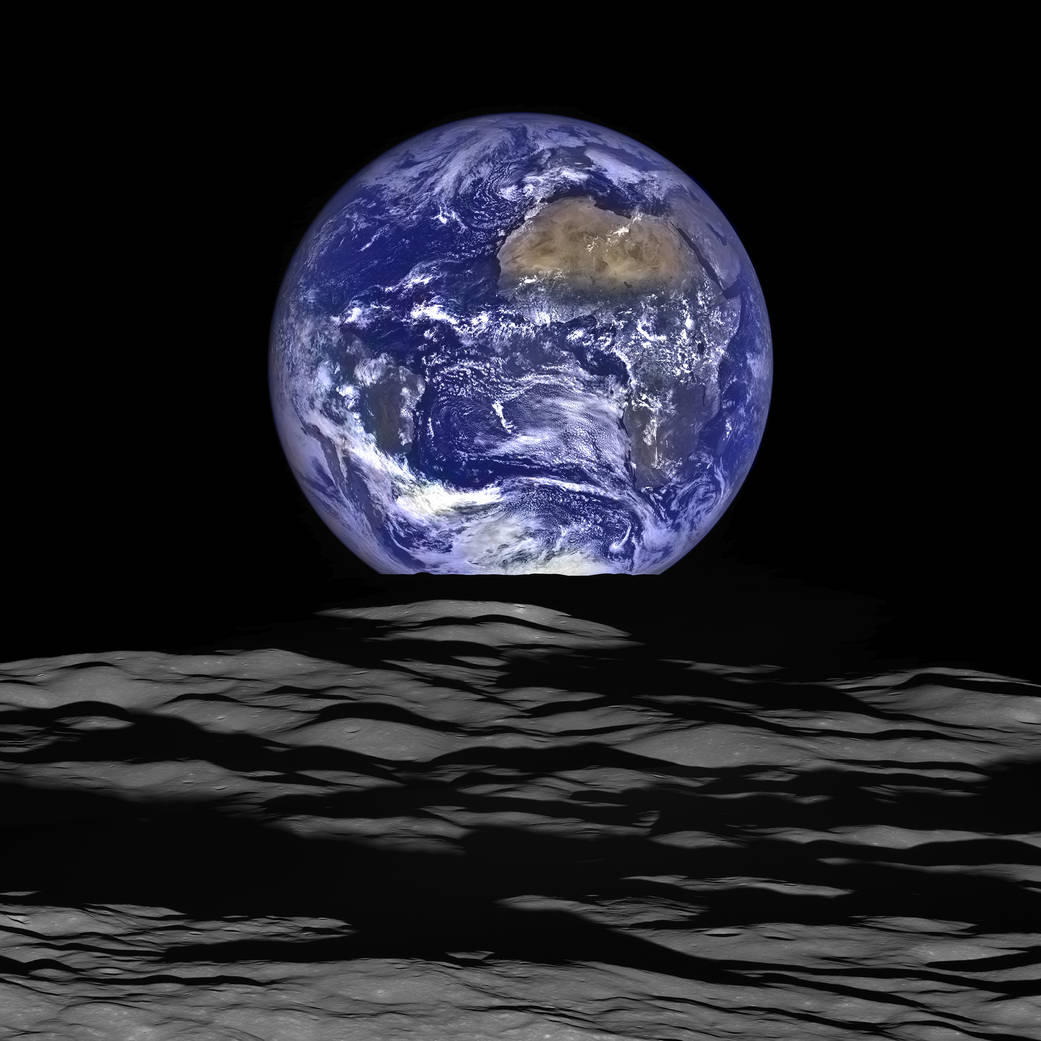Five years ago, the COVID-19 pandemic began on Earth. It led to the imposition of widespread lockdowns around the world, as well as a decline in industrial production, which in turn led to a decrease in harmful emissions seen from satellites.

But according to the research team, the impact of the pandemic was even stronger, and it can be detected even on the moon. A paper published in 2024 Monthly Notices of the Royal Astronomical Society: Letters claims that a global lockdown caused the moon’s surface temperature to drop in April and May 2020.
As confirmation, scientists cite data collected by the Diviner radiometer installed on the LRO vehicle. From 2017 through 2023, it regularly measured the temperature of six sites on the visible side of the Moon. During the pandemic, Diviner recorded a decrease in nighttime temperatures at all six sites, which was interpreted as the effects of decreased human activity and reduced industrial production, which influenced the amount of radiation emitted by our planet, which in turn caused the moon to cool.
However, researchers from the Missouri University of Science and Technology and the University of the West Indies disagreed with their colleagues’ conclusions, finding it highly unlikely that human activity could have had any noticeable effect on the moon’s temperature. In their paper, which was published this year in the same journal, they presented the results of their own, more detailed study of the LRO data. They examined temperature trends and then performed further statistical analysis based on their findings.
Scientists found that the 2020 temperature decline actually started earlier, in 2019, so it preceded the start of the lockdown. In addition, another significant temperature drop was recorded in 2018, two years before the pandemic began. Thus, the connection between the cooling of the Moon and the lockdown seems highly questionable and is most likely due to other causes.
The researchers said they conceded that heat and radiation from Earth could have a very small effect on the lunar surface temperature. But it will be so minimal that it will be hard to measure or even notice.
According to Phys.org


